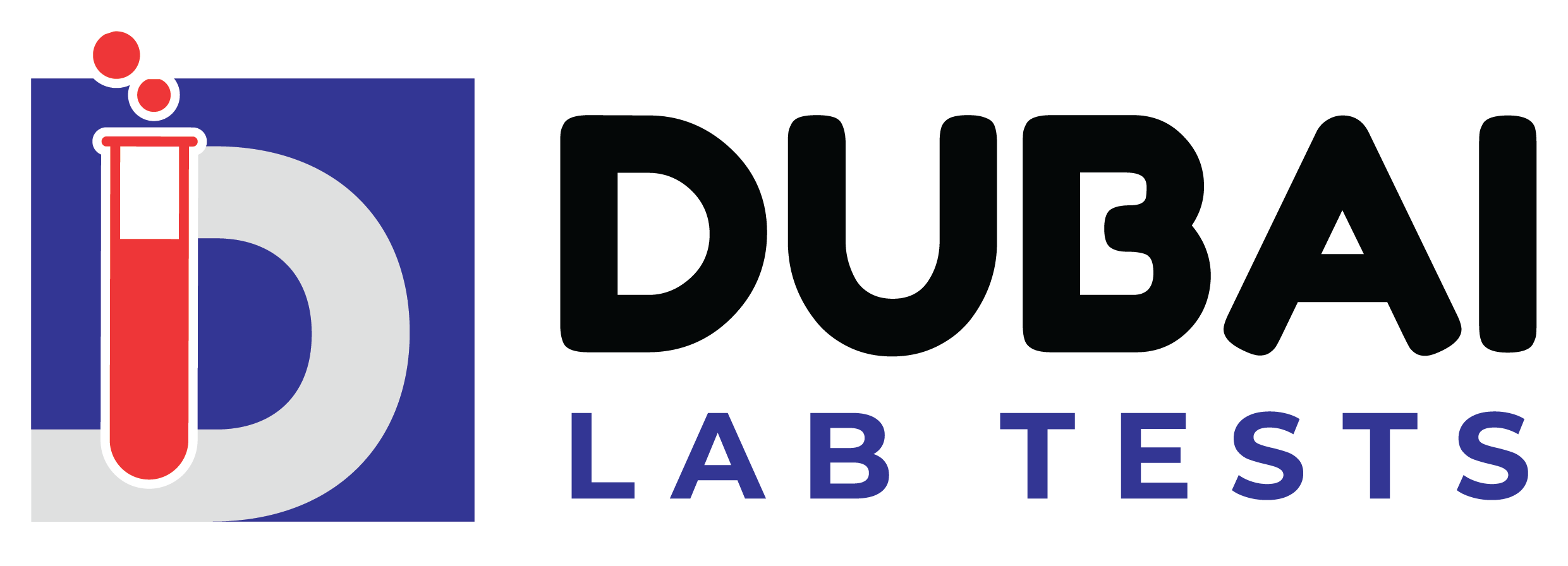Clostridium difficile Toxin A & B
AED470.00
Sample Type : Stool
Methodology : Enzyme-immunoassay
TAT : 2 Days
Description
**Clostridium difficile Toxin A Test**
The Clostridium difficile Toxin A test is a specialized diagnostic tool designed to detect the presence of Toxin A, a harmful substance produced by the bacterium Clostridium difficile (C. difficile). This test plays a critical role in identifying infections caused by C. difficile, which is a leading cause of antibiotic-associated diarrhea and severe gastrointestinal conditions. By accurately diagnosing the presence of Toxin A, this test helps guide timely treatment and prevent complications.
**Why You Need This Test**
The Clostridium difficile Toxin A test is essential for diagnosing infections caused by C. difficile, particularly in individuals experiencing persistent diarrhea or other gastrointestinal symptoms after antibiotic use. C. difficile infections can lead to serious health complications, including colitis, dehydration, and in severe cases, life-threatening conditions like toxic megacolon. Early detection through this test allows healthcare providers to initiate appropriate treatment, reducing the risk of complications and improving patient outcomes. This test is especially important for individuals with a history of recent hospitalization, antibiotic use, or weakened immune systems, as these factors increase the risk of C. difficile infection.
**Symptoms That Indicate This Test**
You may need the Clostridium difficile Toxin A test if you are experiencing the following symptoms:
– Persistent or watery diarrhea lasting more than two days.
– Abdominal pain or cramping.
– Fever or chills.
– Nausea or loss of appetite.
– Signs of dehydration, such as dry mouth or reduced urination.
– A history of recent antibiotic use or hospitalization.
These symptoms are often associated with C. difficile infections, and testing for Toxin A can help confirm the diagnosis and guide treatment.
**Natural Production**
Clostridium difficile is a bacterium that can naturally reside in the gut without causing harm in healthy individuals. However, when the balance of gut bacteria is disrupted—often due to antibiotic use—C. difficile can overgrow and produce toxins, including Toxin A. These toxins damage the lining of the intestines, leading to inflammation and the symptoms associated with C. difficile infection. Factors such as prolonged antibiotic use, advanced age, or a weakened immune system can increase the likelihood of C. difficile overgrowth and toxin production.
**What Happens If Untreated**
If a C. difficile infection is left untreated, the condition can worsen and lead to severe complications. These may include:
– Dehydration due to excessive diarrhea.
– Severe inflammation of the colon (colitis).
– Formation of life-threatening conditions like toxic megacolon or sepsis.
– Increased risk of recurrent infections, which can be more difficult to treat.
Timely diagnosis and treatment are crucial to prevent these complications and restore gut health.
**How to Prepare for the Test**
Preparing for the Clostridium difficile Toxin A test is simple and straightforward:
– No fasting is required.
– Avoid taking anti-diarrheal medications before providing the stool sample, as these can interfere with test results.
– Follow any specific instructions provided by your healthcare provider or the testing facility.
**Test Overview**
– **Sample Type**: Stool
– **Methodology**: Enzyme-immunoassay
– **Turnaround Time (TAT)**: 2 Days
This test involves collecting a stool sample, which is then analyzed using enzyme-immunoassay technology to detect the presence of Toxin A. Results are typically available within two days, providing timely insights for diagnosis and treatment.
**Call to Action**
Take control of your health today by booking the Clostridium difficile Toxin A test. Whether you’re experiencing symptoms or want to rule out a potential infection, this diagnostic test offers accurate and reliable results. Don’t wait—buy your lab test online now or search for a diagnostic test near me to get started. Early detection is key to effective treatment and recovery.
**Category**: Microbiology



Reviews
There are no reviews yet.